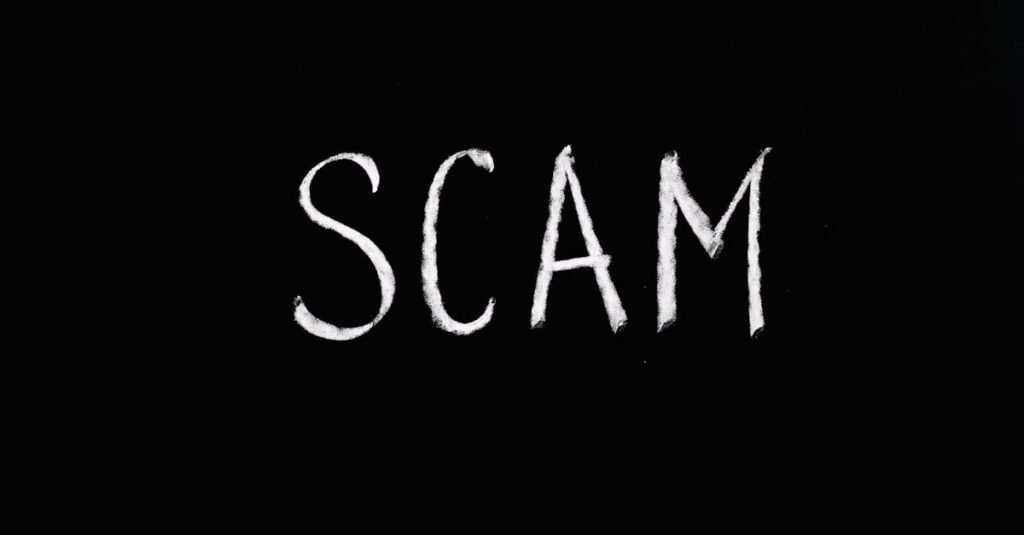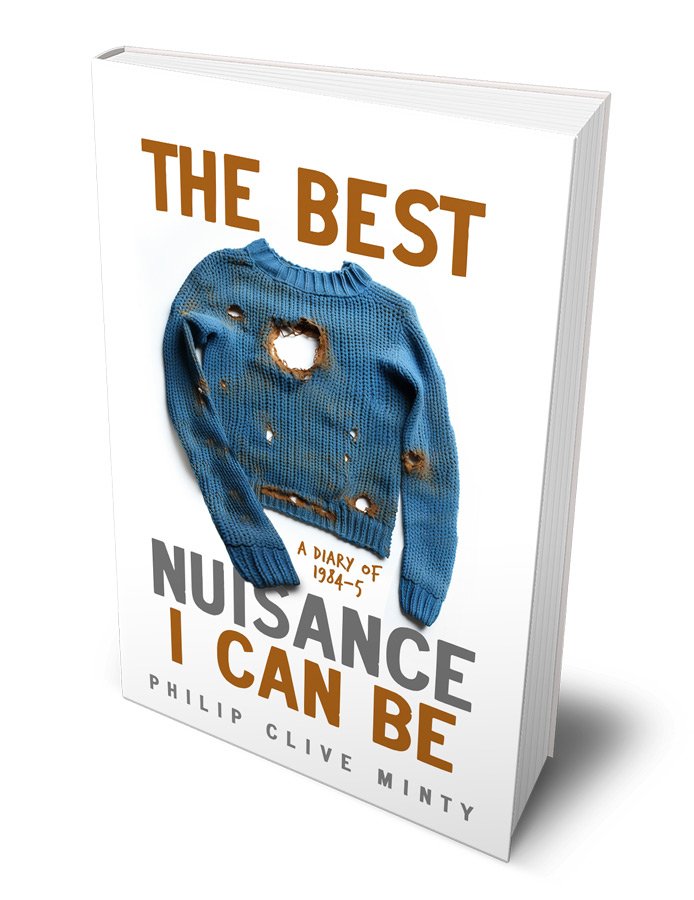Marketing challenge 1: To market my book, I’ll have to lie.

I’ve shared my book with a few friends, but now, I’m embarking on a very different journey. I’m going to try to persuade strangers to buy it. And that raises some uncomfortable issues.
The essential problem is that almost every type of marketing is based on falsehoods. They’re pervasive in the marketing of nearly every product and service, at every size of business. They’re microplastics in our consumer food chain.
By pervasive falsehoods, I’m not talking about obvious and deliberate scams, like Forex Trading ads, or “Doctors don’t want you to know about…” Fortunately, out-and-out bullshit is still comparatively rare. I’m referring to the less egregious marketing lies. Those that a seller, through an act of will, could convince herself are true.
A couple of examples follow.
Example 1: the metal worker
There’s a small metal working business near me that crafts fencing, wrought iron gates, that sort of thing. Their website claims that they provide the highest quality work and exceptional customer service. My guess is that objectively speaking, that’s not correct.
I’m sure that the company does good, competent work, but that’s not the same thing as the highest quality, is it? Even allowing a bit of latitude, highest implies that their work has gained the rarefied heights only reached by a few. Yet, statistically speaking, that’s not very likely. Why should that particular company have superior work to the thousands of similar hard-working, experienced, competent craftsmen?
It’s the same thing with the claim of exceptional customer service. That implies that in the customer service stakes, they are way over to the right on the normal distribution curve. They are well beyond the competent, pleasant, punctual, communicative services offered by their peers.
If your reaction to this is that I’m being pickier than Pik Botha in a Pictish settlement, that shows the collective free pass we give to falsehoods in marketing, the nod and wink with which it’s accepted. A quick look at that metal worker’s competitors show they’re making comparable claims. It’s just how it works.
Example 2: the car manufacturer
How about the other end of the marketing world? You’ll have noticed that bigger companies don’t often deal in concrete claims. Instead, they create associations.

Take a look at any car advert from the last 50 years and you’ll see it’s 5% information, 95% linking their largely interchangeable product with desirable people, lifestyles and/or values. Swooping shots of a bog-standard SUV gliding along sun-drenched roads. Cut to interior shot of implausible attractive mixed-race couple with perfect dentistry. You know they have perfect dentistry because they’re laughing uproariously at some inaudible but no-doubt-wholesome bon mot.
And this too is a falsehood. Because there is nothing inherently free, independent, spirited, quirky, optimistic or youthful about those two tonnes of environmentally destructive metal, glass and plastic sitting on your driveway. No matter how much you pilot it through your rain-sodden English town, you’ll still be pasty and paunchy and past your best, and your lifestyle will in no way resemble the Elysian paradise seared onto your retinas by your 4K telly.
It’s all a lie, perpetrated upon you by a team of immensely talented people who would scoff at your interior decor.
Alrighty, I’m getting carried away here. Let me rein this back in and consider how marketing lies apply to one’s self-published book.
Hustle or High Ground?
Not everyone would agree with my characterisation of marketing. Some might argue that, with book marketing at least, marketing is all about finding the audience for your work. The audience is out there, we’re told, the author just needs to make herself known to them. Skill is needed for this, but no flimflam or sleight-of-hand.
I don’t buy that. To take just one example: according to its back cover blurb, almost every single book is either a page-turning masterpiece, or a heart-wrenching and poignant account, or a stunning debut from an emerging talent. Once again, marketing asks us to accept the statistical impossibility that every book is exceptional.
And if I want to sell my book, this is what I”m signing up for.
I think that for me in particular, there’s a deeper layer of falseness. To get anywhere, I will need to engage, interact and network with my potential readers, and probably other writers. That’s really not me. It’s about 5.4 million light years from any known form of me. Networking is not natural for someone who never went to a staff social in 24 years. Engaging with strangers doesn’t fit with the person who spent two days secreted in a room to avoid his Christmas visitors.
So, the choice is between high ground or hustle.
In for a penny, in for a nana.
I’ve given it some thought. My conclusion is simply that, as a self-published writer with (currently) one niche product, sales aren’t going to fall into my lap. I have therefore reframed the choice as two rhetorical questions: Am I going to sneer at marketing tactics, and consider myself above it all, and thereby restrict my readership to just my partner and close friends? Am I prepared to consign thousands upon thousands of hours of work, and some pretty solid bits of writing, to oblivion without even trying?
You can see what my decision is.
The first triumph in my marketing career has been successfully marketing the concept of marketing to myself.
In for a penny, in for a nana, as no one says.
Let’s see where this takes us.

